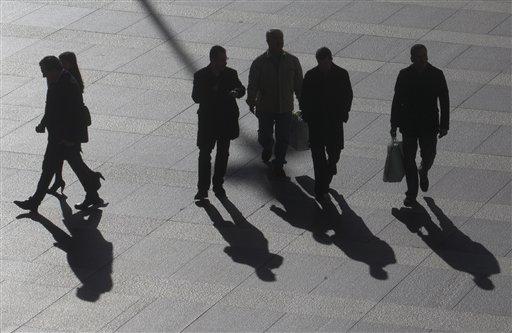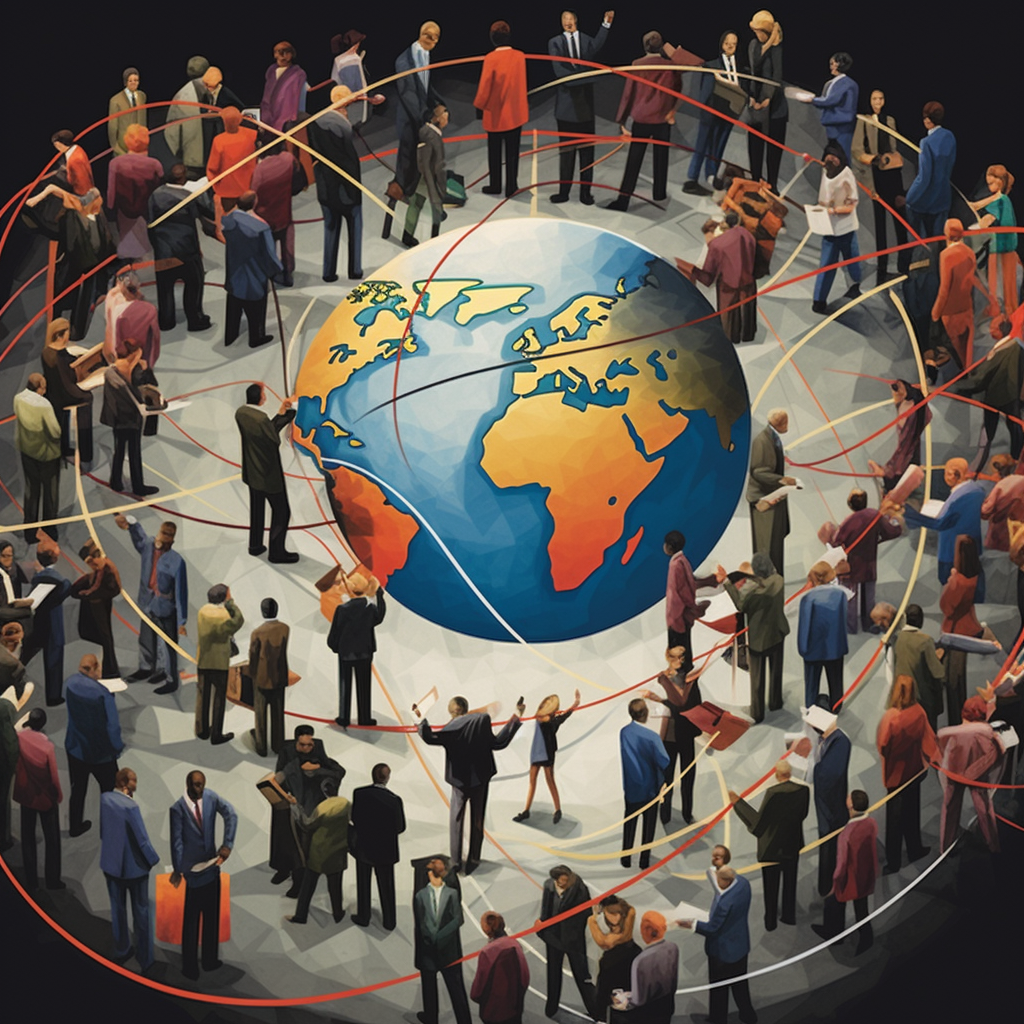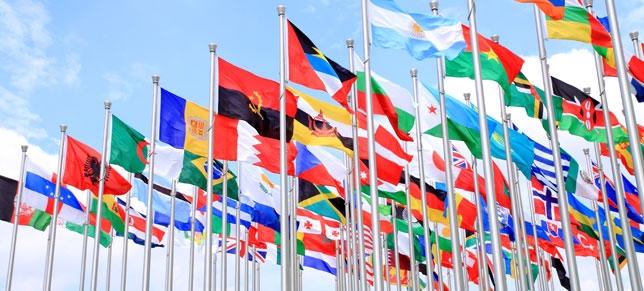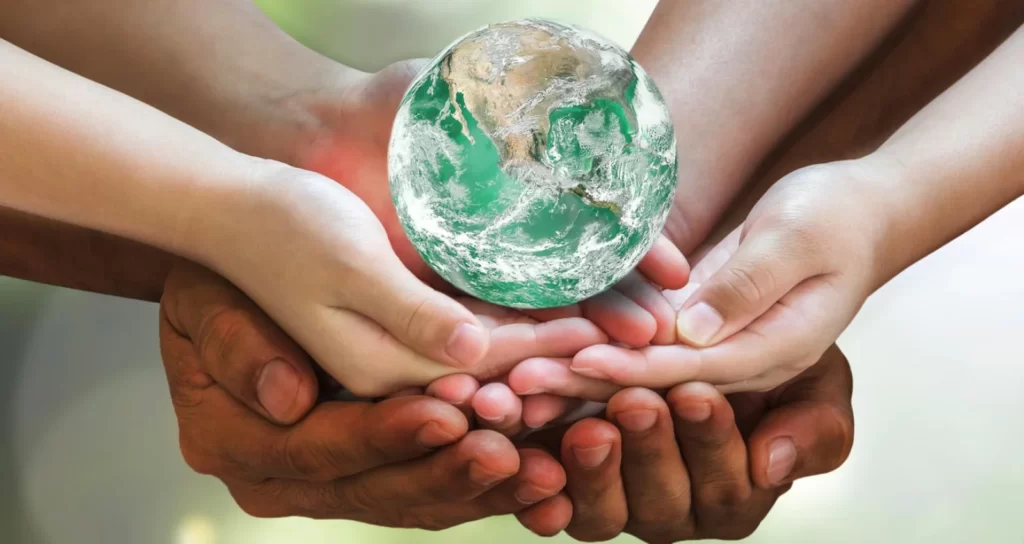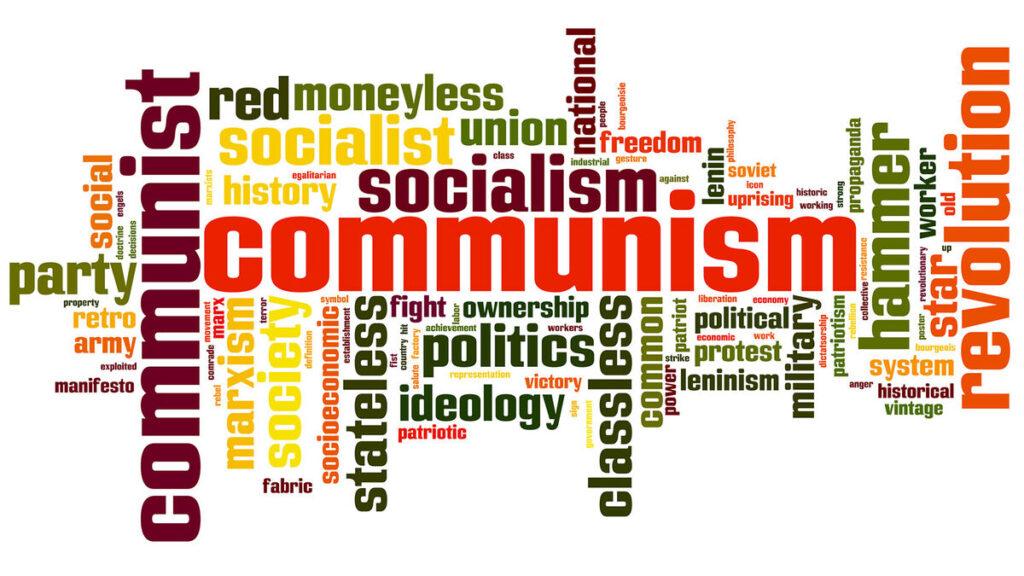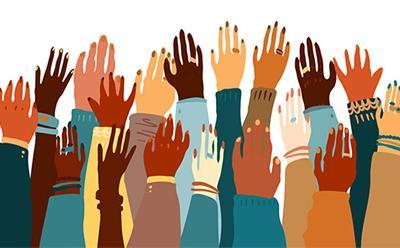Political institutions play a critical role in shaping policy and law in modern societies. These institutions, which include the executive, legislature, and judiciary, work together to create, implement, and enforce policies and laws that affect the lives of citizens.
In this essay, we will explore the role of political institutions in shaping policy and law.
Firstly, the executive branch of government, led by the president or prime minister, has a significant role in shaping policy and law. The executive branch is responsible for proposing and implementing policies that are in line with the government’s agenda.
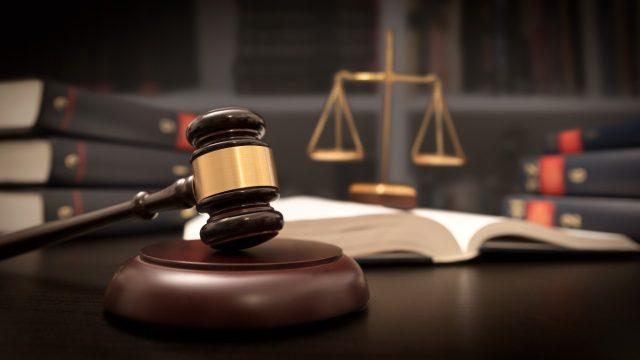
The executive branch has the power to issue executive orders, which have the force of law, and can use its power to veto or approve legislation proposed by the legislature.
Secondly, the legislature, which consists of elected representatives, plays a crucial role in shaping policy and law. The legislature is responsible for creating laws and regulations that govern society.
Legislators debate and vote on bills and amendments, and can also introduce their legislation. The legislature is also responsible for approving budgets and providing funding for government programs.
Thirdly, the judiciary, which includes the courts and judges, plays a critical role in shaping policy and law. The judiciary is responsible for interpreting the law and ensuring that laws are enforced.
The judiciary, deemed unconstitutional, can strike down laws and can also interpret laws in a way that expands or limits their scope.
Political institutions also play a role in shaping policy and law through their interactions with each other. For example, the executive branch may propose legislation that the legislature must approve before it becomes law.
The judiciary may also review laws passed by the legislature to ensure that they are in line with the Constitution.
Political institutions also shape policy and law through the process of negotiation and compromise. Legislators, for example, may negotiate with each other and with the executive branch to reach a compromise on a particular piece of legislation.
This process can result in laws that reflect a broad consensus among different political parties and interest groups.
The role of political institutions in shaping policy and law is particularly important in democracies. Where the government is accountable to the people. In these systems, the people elect the government, making it responsible for representing their interests.
Political institutions ensure government accountability and the creation and implementation of policies and laws that reflect the will of the people.
However, political institutions are not immune to corruption and manipulation. In some cases, special interest groups, political parties, or powerful individuals may influence political institutions. This can result in policies and laws that are not in the best interests of the general population.
The political culture of a society also influences how political institutions shape policy and law. In some societies, there is a strong tradition of democracy and respect for the rule of law. In others, there may be a tradition of authoritarianism and a lack of respect for democratic institutions.
The political culture of a society significantly influences how political institutions operate and shapes the creation and implementation of policies and laws.
Conclusion
Political institutions play a crucial role in shaping policy and law in modern societies. The executive, legislature, and judiciary collaborate to create, implement, and enforce policies and laws impacting citizens’ lives.
Political interaction, negotiation, and compromise to create policies and laws. Reflecting a broad consensus among various political parties and interest groups.
Political institutions aren’t immune to corruption and manipulation; the political culture of a society significantly influences their operation. Understanding the role of political institutions in shaping policy and law ensures the strength and effectiveness of our democratic system. 온라인카지노
